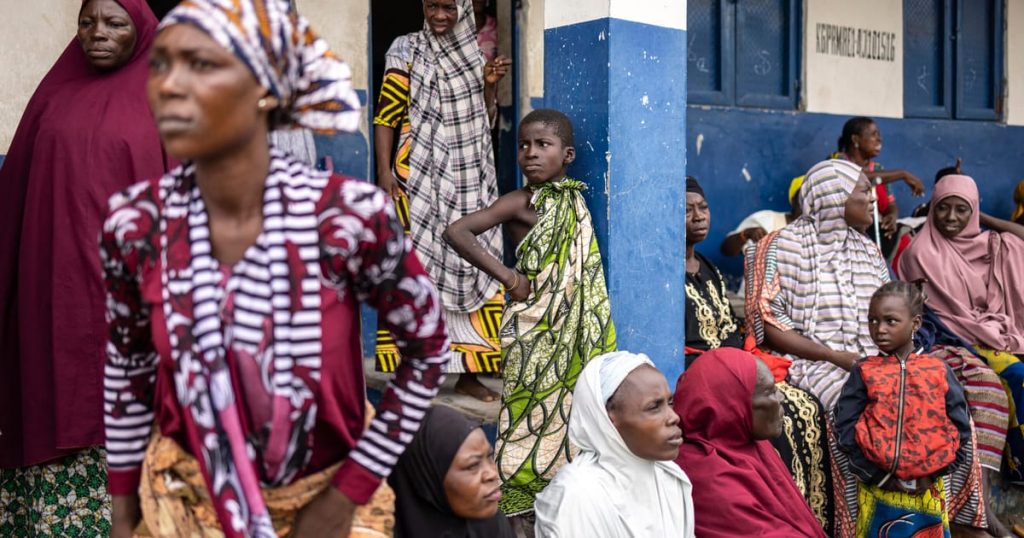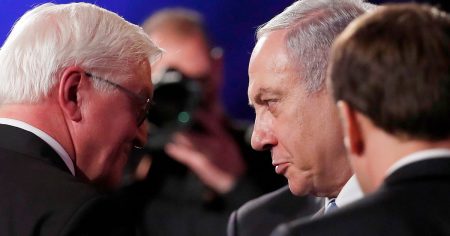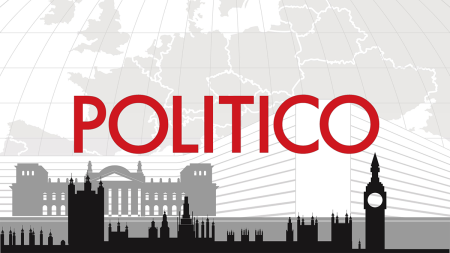The European Union (EU) has reiterated its commitment to support the people of Niger amidst growing tensions following a military coup that occurred in the summer of 2023. The EU’s diplomatic arm, the European External Action Service (EEAS), emphasized the importance of humanitarian aid, stating that it must be provided in a manner that is neutral, impartial, and independent. Such aid is delivered through various channels, including the United Nations agencies, international organizations, and non-governmental organizations (NGOs). The EEAS made it clear that humanitarian assistance must not be co-opted for political purposes, underscoring the principle that aid should prioritize the welfare of those in need over any political agendas or maneuvers.
In light of the ongoing crisis in Niger, the EU has decided to recall its ambassador, Salvador Pinto da França, for consultations in Brussels. This step indicates a significant diplomatic response to the military junta’s takeover, which has not gained recognition from the EU. The move to consult with the ambassador reflects the EU’s strategy of reassessing its diplomatic stance toward Niger and signals potential shifts in future engagement with the military regime. This development comes at a time when relations between Niger and the EU are strained, following the military rulers’ swift rejection of ties with former colonial power France. The fallout has led to heightened tensions and a reevaluation of international support mechanisms.
Niger’s military junta, which took control after the coup, has been particularly vocal against France, leading to a withdrawal of the French envoy to Niger shortly after the coup. This rejection of a former colonial authority illustrates a broader trend of nationalist sentiments among the junta’s leadership. Such actions reflect a significant shift in Niger’s foreign relations and have resulted in the country distancing itself from its traditional allies while seeking to consolidate power domestically. The abrupt change in government and its subsequent alignment away from European powers raises concerns about stability in the region, especially regarding security and humanitarian crises.
The EU’s firm stance highlights its dedication to maintaining humanitarian efforts regardless of the political situation within Niger. By ensuring that aid remains apolitical, the EU aims to provide necessary support to the population affected by the upheaval. The commitment to delivering humanitarian assistance underlines the EU’s broader humanitarian principles and responsibilities, recognizing that the needs of the civilian population must not be compromised by the political machinations of governing powers. The EU’s focus on impartiality also serves to legitimize its aid efforts, encouraging other international actors to engage in purely humanitarian activities without being influenced or constrained by political objectives.
Despite the military junta’s attempts to sever ties with colonial influences, the EU maintains that humanitarian aid must flow to the people of Niger. The need for such assistance is acute given the socio-economic challenges exacerbated by the political instability, including food insecurity and displacement. The ongoing crisis in the region necessitates a continued commitment from international partners, particularly the EU, to ensure that aid reaches those in need. This steadfast approach reflects a broader understanding that humanitarian crises often transcend political disputes and require a unified response that prioritizes human welfare.
In summary, amid the tensions following the military coup in Niger, the EU is reinforcing its commitment to support the local population through humanitarian aid while navigating the complex diplomatic landscape. The recall of the ambassador signals a significant diplomatic maneuver as the EU reassesses its relationship with the military junta and its previous colonial affiliations. The situation in Niger exemplifies the delicate balance international organizations must manage between providing essential humanitarian relief and responding to the shifting dynamics of power and sovereignty in former colonial nations.














